gastroenteritis in cats contagious
Early recognition and treatment are the cornerstones to returning your cat to her normal healthy state as quickly as possible. Gastroenteritis describes the inflammation of your cats stomach and intestines or the gastrointestinal tract.
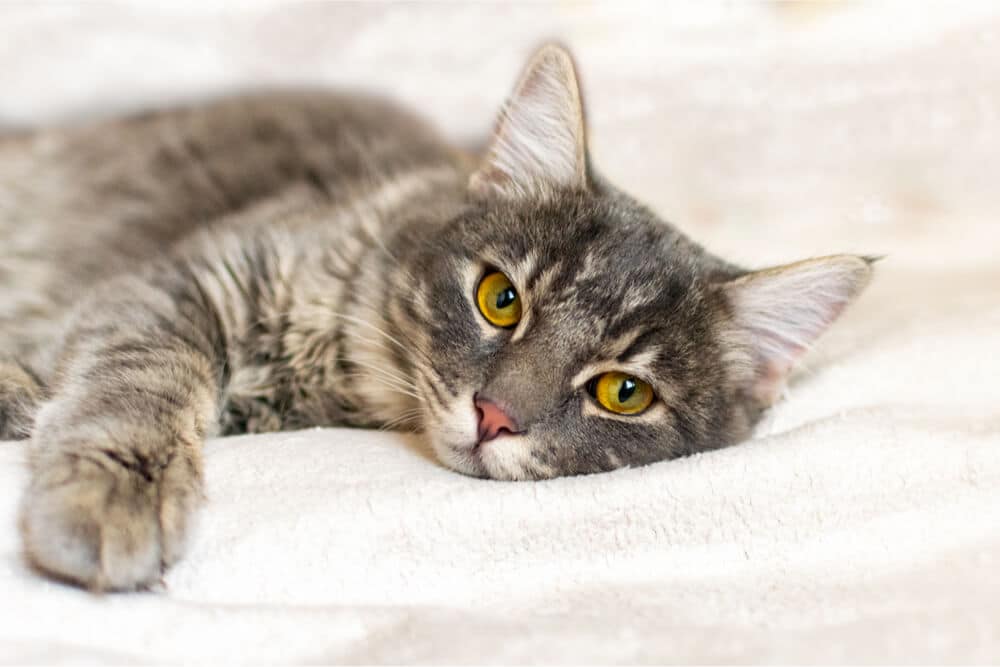
Cat Cold Causes Symptoms Treatment All About Cats
Intestinal viruses tend to spread in areas that have a high concentration of cats such as shelters catteries and feral colonies.
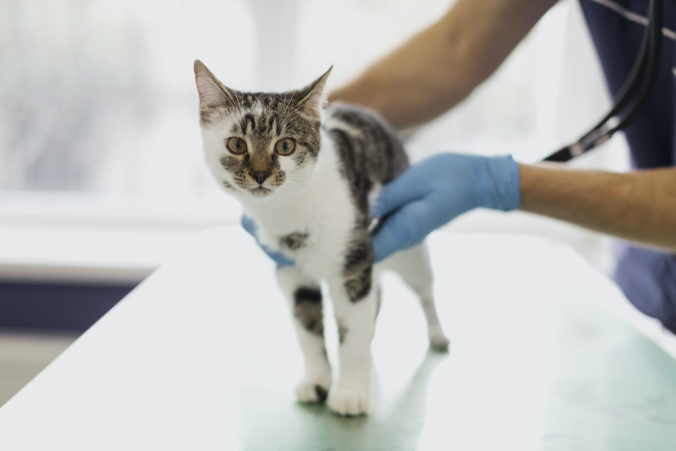
. Readily available diagnostics such as a chemistry panel total T4 and fecal testing are important steps in ruling out many possible. Vomits Diarrhea Abdominal pain Tired Poor appetite In more rare cases gastroenteritis in cats may be accompanied by fever. Contact your veterinarian immediately if vomiting and diarrhea are frequent or severe.
Symptoms of Feline Gastroenteritis. Adults can become infected by eating contaminated dirt or infected prey animals. This disease-causing virus is common in breeding colonies and shelters.
Feline calicivirus is a virus that causes disease in cats. As the name suggests IBD occurs when the lining of the digestive tract becomes inflamed. Cats can also spread it to one another through mutual grooming or bites that occur as the result of fighting.
Some cats continue to shed virus indefinitely however. FPV is particularly widespread among sheltered cats and is associated with high morbidity and mortality causing severe gastroenteritis characterized by anorexia lethargy fever dehydration hemorrhagic diarrhea and vomiting. Infectious diseases such as gastroenteritis can be spread from animals to humans.
Gastroenteritis itself can cause dangerous levels of fluid loss imbalanced of pH levels and electrolyte imbalance. Gastroenteritis is common in cats. Careful hygiene will eliminate the risk of accidental ingestion of cysts.
Younger cats are at a higher risk of getting infected with feline calicivirus than older ones. DVM MS DACVIM SAIM Department of Small Animal Clinical Sciences College of Veterinary Medicine University of Florida. Many cats with IBD will lose weight and become lethargic because of the chronic GI upset.
In some cases the virus can spread from an infected mother to unborn kittens. Hyperacidity syndromes where more than normal amounts of hydrochloric acids the. An infected cat can shed the parasite in its feces for up to two weeks.
Many kittens get roundworms from their mother by suckling milk that contains roundworm larvae. Once shed in the feces the parasite must mature for one to five days before it becomes capable of causing infection. FCV is highly contagious and can cause cats to develop mild to severe respiratory infections and oral diseases.
More than just gastroenteritis Feline coronavirus infection is a very common and highly contagious disease in cats. A huge array of conditions can affect the gastrointestinal tract which includes the esophagus stomach small intestines and large intestines colon. Gastroenteritis refers to inflammation -itis of the stomach gastro- and intestines enter-.
Most cases of acute gastroenteritis improve rapidly after rehydration. Any cat may develop gastroenteritis which may be mild and self limiting or in some cases result in severe vomiting and diarrhea occasionally with blood leading to decreased appetite dehydration and an electrolyte imbalance. Chronic gastrointestinal GI signs including weight loss vomiting diarrhea and inappetence are some of the most common reasons that cats present to the internal medicine service.
It can be caused by something as minor as a change in your cats diet to more serious issues such as infections pancreatitis and intestinal blockages. Gastroenteritis is common in cats. This fungal infection is more likely to affect kittens older cats or cats who are.
Chronic Gastritis in Cats. Most cats experiencing gastroenteritis have vomiting andor diarrhea and they may also display a loss of appetite lethargy. The stomach lining can be irritated by chemical irritants drugs foreign bodies or infectious agents.
Intermittent vomiting that lasts longer than one to two weeks is medically referred to as chronic gastritis. Some cats may die before even showing signs of gastroenteritis. Inflammatory bowel disease IBD is a common chronic gastrointestinal disease in cats.
It is uncertain whether species of Giardia that infect cats are contagious to humans or vice versa although recent studies suggest the possibility of cat to human transmission. Operators need to make sure options for handwashing are readily available so people can wash their hands often. Vulnerable people should take extra care when in contact with.
When visiting zoos farms and other animal exhibits care must be taken to prevent the spread of infection. A child picking up a cat that has ringworm can easily catch it and this is the most common infection veterinarians acquire from animals. It is typified by inflammation of the stomach.
Parasites are a common cause of GI problems in cats. In humans ringworm causes scaly red ring-shaped patches on the skin. Elimination of Giardia infections from households of cats may be difficult and depends on proper treatment and sanitation.
Lets have a look at the most common causes of gastroenteritis in cats. Feline panleukopenia virus FPV is very resistant and highly contagious and infects domestic cats and other felids. If the vomiting and diarrhea do not improve significantly within 24-48 hours of treatment call your veterinarian.
As a result food isnt digested properly causing diarrhea and vomiting. Kittens may then be born with a condition known as cerebellar hypoplasia lack of development of the cerebellum a part of the brain needed for fine coordination of movement. Cats can also pick up Coccidia parasites from ingesting small amounts of dirt.
The symptoms are very similar to those of a human. Gastroenteritis is an irritation of the feline stomach that causes acute vomiting and diarrhea. Cats spread ringworm more often than dogs.
It has a number of causes and can usually be associated with serious illness. Cats can acquire Toxoplasma by eating infected rodents birds or anything contaminated with feces from another infected animal. Feline enteric coronavirus typically causes a subclinical or mild transient intestinal infection in kittens.
Although the clinical picture is generally mild the virus ability to mutate and manifest in a much more significant form feline infectious peritonitis means it be taken seriously. Food poisoning Intestinal parasites Bacterial infection Viral infection Foreign bodies in the digestive tract Tumors Antibiotic treatment. Pregnant queens infected with parvovirus the virus can spread to the unborn kittens where it can interfere with the developing brain.

Causes Of Vomiting Diarrhea In Cats Canna Pet
/GettyImages-1241995091-30856f5f9d57420daf6ea84f90383092.jpg)
How To Treat Gastroenteritis In Cats
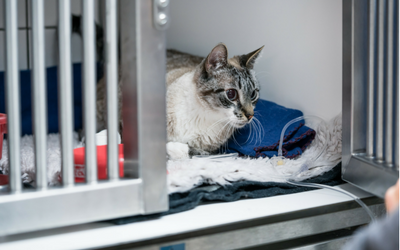
Gastroenteritis In Cats Vca Animal Hospitals

Does Your Cat Have Gastroenteritis Signs Treatment My Feline Buddy
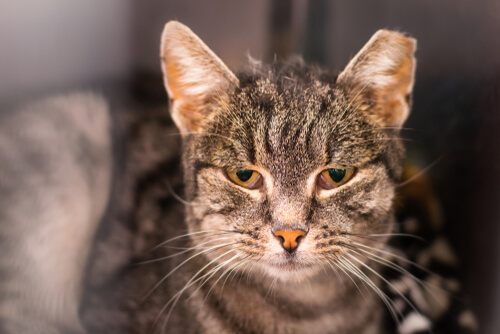
Feline Infectious Peritonitis Fip Causes Symptoms Treatment All About Cats
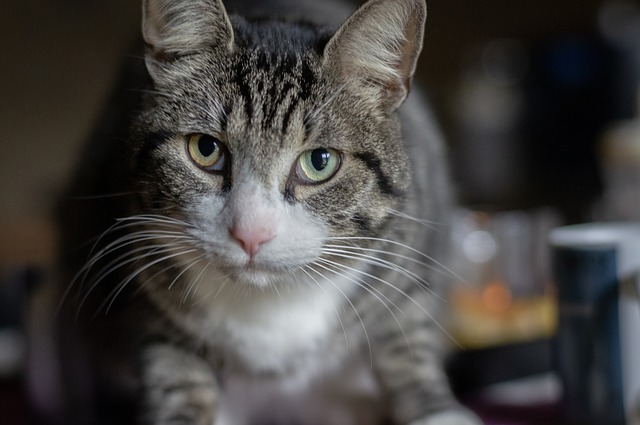
Does Your Cat Have Gastroenteritis Signs Treatment My Feline Buddy

Gastroenteritis And Cat How To Treat Gastro In Your Cat

Does Your Cat Have Gastroenteritis Signs Treatment My Feline Buddy
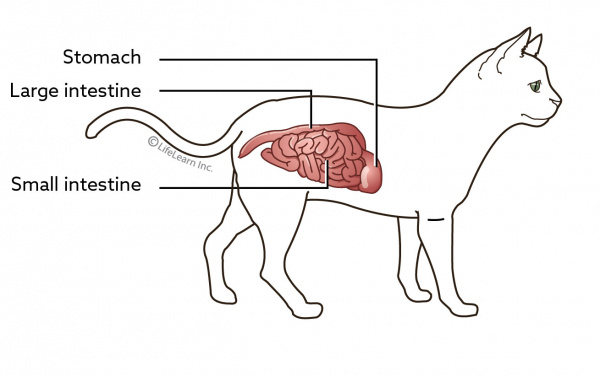
Gastroenteritis In Cats Vca Animal Hospital

Preventing Gastroenteritis In Cats Find Out More Pet Drugs Online

Does Your Cat Have Gastroenteritis Signs Treatment My Feline Buddy

Cat Owners Warned Of Highly Contagious And Often Fatal Virus The Courier Ballarat Vic

Feline Coronavirus More Than Just Gastroenteritis Vets Clinics

Does Your Cat Have Gastroenteritis Signs Treatment My Feline Buddy

Mange In Cats Causes Symptoms Treatment All About Cats
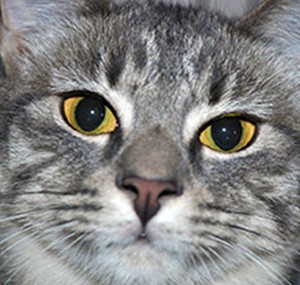
Feline Gastroenteritis And Stomach Irritation In Cats

Treatment Of Feline Gastroenteritis Hv Glories

Hi I Really Need Your Help My Cats Are Getting Sick They Started Vomiting With Blood Bad Smell Getting Weak And Refusing Food Petcoach

Does Your Cat Have Gastroenteritis Signs Treatment My Feline Buddy